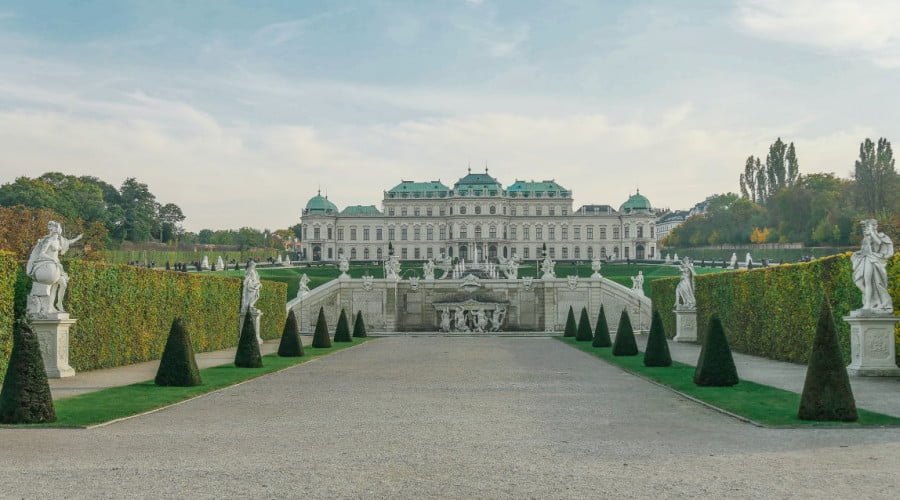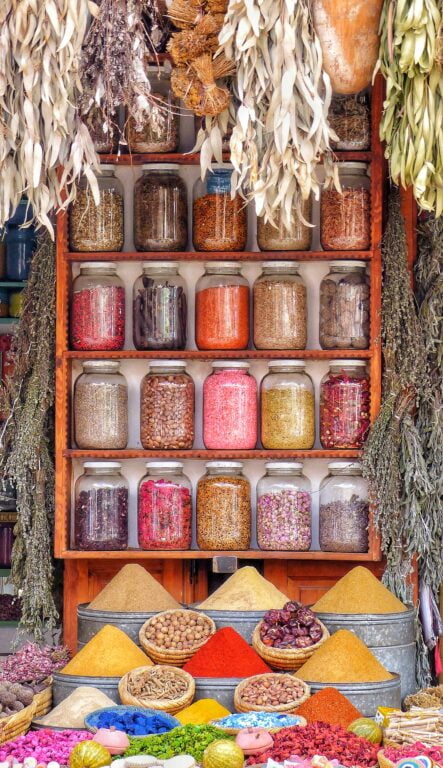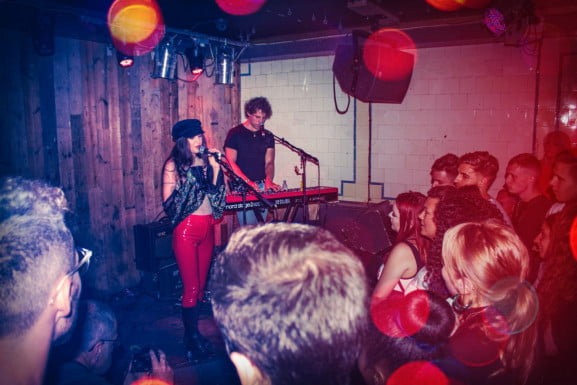Vienna’s very Own Belvedere Palace
The Belvedere palace
The city of Vienna reveals the historical periods of European and World history at every stride for visitors already present there. The environment here makes it impossible to suppress the feeling that actual historical events took place in these buildings and along these streets. A walk through Vienna reveals to you the realization of everything you speculated before. This location underwent change through all major European periods starting from medieval times and progressing through Renaissance and Baroque and modern eras.
The historical periods established their imprints in Vienna alongside its actors who became cultural landmarks of this city. The world history and culture experienced transformations through both emperors and empresses as well as artists and composers and prominent military leaders who independently established their legacy in Vienna.
The history books recognize Prince Eugene of Savoy as one of the prominent figures from that period. The history of the world took a different path because Prince Eugene led his armies to fight against the Ottoman invasion. History remembers him so strongly that Catholic churches continue ringing their bells at noon to honor his victory against the Turks during the liberation of Belgrade.
Through his role as a commander under three rulers Prince Eugene established both military and architectural legacies throughout Vienna.
The Belvedere Palace stands as a magnificent Baroque expression along with one of the prettiest baroque gardens in Vienna.
Johann Lucas von Hildebrandt designed Belvedere Castle as a construction project for Prince Eugene of Savoy.
Today most of the Austrian Gallery collections reside in the two sections comprising the Upper Castle and the Lower Castle that build Belvedere Palace.
The builders initially had no plans for the upper buildings until they began construction of the lower complex. The living spaces occupied only a few rooms while most of the building featured an orangery that many wealthy people pursued for their homes at that time.
The Memorial Hall occupies the central position in this section of the castle where Viennese symbolic Mehlmarktbrunnena stands replicated as decoration. Among these decorations you will find ceiling paintings from Altomonteo that display “Night and Morning” and use the decorative work of Marcantonio Chiarini and Gaetano Fantija combined with the Western quarter grotesques of Jonas Drentwetta.
The Orangerie showcases medieval cultural artifacts from Austrian traditions through its visitable Austrian Gallery space. In addition to these artifacts it displays Baroque collections all around the Memorial Hall area. A statue in this area portrays Prince Eugene journeying towards the heavens according to the artistic interpretation of Balthasar Permoser. Belvedere Garden became the first built element of the complex when Baron Dominique Girard constructed it in 1700.
The distinctive garden feature involves its movement toward upper parts because the upper castle rests higher than the lover castle and thus received their names. The garden that ascends from Hades to Olympus connects the two castles using a staircase. This symbolizes the journey between the lower realm and the highest peak of the heavens.
Prince Eugene eventually turned Upper Belvedere from an initial small realization intended to shut off the garden pavilion into his seasonal summer residence.
Maria Theresa acquired Lower Belvedere from the Habsburgs as their second residence where luxurious halls along with galleries became centerpieces. Before the turn of the 20th century Emperor Franz Joseph assigned this palace as a dwelling to his heir Crown Prince Franz Ferdinand who would meet a short-lived destiny. The World War I outbreak began following his assassination which triggered a sequence of events.
Among all structural elements the roof tents stand out for their unique Turkish appearance. The situation indicates clear irony because Prince Eugen stands here. The architectural elements of his former military triumphs could possibly be the source of nostalgia that led to their reconstruction. An artificial lake positioned at the front of Upper Castle enhances the decorative value of the site.
The central memorial space at Upper Belvedere displays ceiling decorations by Carlo Innocenzo Carlone apart from recently verified as work by Marcantoni Chiarini. The visitors can explore both the frescoes of Carlo Innocenzo Carlone and thealtar paintings of Francesco Solimena within the palace chapel. Eugen of Savoy preserved his renowned library here before it moved to the premises of the National Library for safekeeping.
You can see the baroque castle through an Original Vienna Tours tour since they will guide you toward enjoying its distinctive facade
The Belvedere Palace can be observed during our free walking tours.



